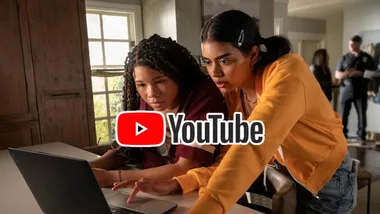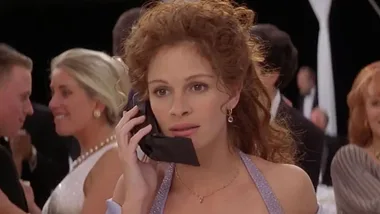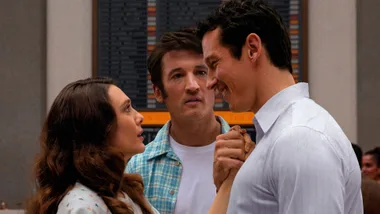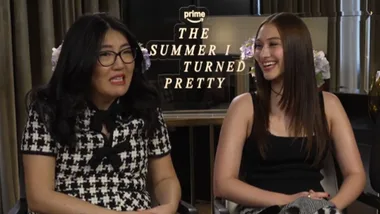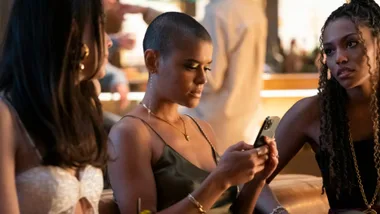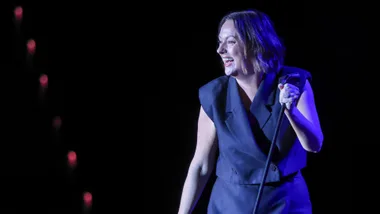At 19 weeks’ pregnant, Emily Steel, 39, terminated her pregnancy after doctors confirmed a diagnosis of Down Syndrome. Here, she explains how she reached her decision, and why she decided to write a play about the experience.
When I rang the hospital one morning last April to get the results of my 12-week scan, I wasn’t particularly worried or nervous: this was my second pregnancy, complete with incapacitating nausea and vomiting, and I assumed everything would be as expected. So it was a shock when the midwife told me the foetus had a one in 152 chance of having Down Syndrome and that someone from the department of Maternal Fetal Medicine would call me tomorrow. The figure wasn’t that high, but I remember crying and then having to wait several long hours, lying on the sofa feeling ill, until my partner got home and I could tell him.
The next day, we were presented with a number of different options, which included waiting until 15 weeks to have an amniocentisis, which carries a 1 in 200 risk of miscarriage, or undergoing the NIPT blood test, which was quite expensive as it wasn’t covered by Medicare. At the time, I was still reeling from the initial result and I thought I would only feel secure if I had an amnio, but on the day we decided it was safer to have the blood test instead. I kept reminding myself that in all likelihood everything would be fine, but it was like riding a wave of optimism and pessimism; what saved us was our two year old, who needed us to smile and play even when we felt overwhelmed. Then, after 10 days, the blood test came back as inconclusive, so we ended up having the amnio anyway. At 18 and a half weeks, we knew conclusively that the baby had Down Syndrome.
I was devastated. My partner and I had talked before our son was born about what we would do if we had a diagnosis of any of the conditions that screening detects, and we said we would terminate. But that didn’t make it any easier. Pregnancy makes you so emotional, and in my case so sick, that I had to trust myself that I’d had the clarity of mind when we’d talked about it to know what was the right choice for us.
People in the Down Syndrome community point out, rightly, that people with DS can live rich, happy full lives. For me, the decision was about other factors. Growing up, I had seen my grandmother care for my uncle for many years (he had a different genetic disorder); she loved him very much, we all did, but in caring for him her life became much more limited than it otherwise might have been. Also, we live on the far side of the world from our extended family, so we would have had no one to help us, and the responsibility of child care would fall mostly to me. It would have been me giving up more of my work and my future – and to be absolutely honest, I wasn’t prepared to sacrifice as much of myself as caring for a child with Down Syndrome might have required.
I made the decision that I was going to tell people the truth about what happened because keeping quiet about such a traumatic experience would have felt like even more of a burden. My fear was that people would think I was a horrible, heartless person, and I had to process those feelings myself, but how people are going to perceive you cannot alter your decisions about the course of your life.
For the most part, my fears did not come true. The response of so many women was to tell me stories of their own abortions or miscarriages, and that was a huge part of the inspiration for the play. There is a lot of controversy about late abortions, but it’s not until you go through that process that you realise how much time it can take to do what you think is the most responsible thing.”
19 weeks will be performed as part of the Adelaide Fringe 2017 from 1-18 March.
Visit www.19weeks.com for more information.
 Getty
Getty
